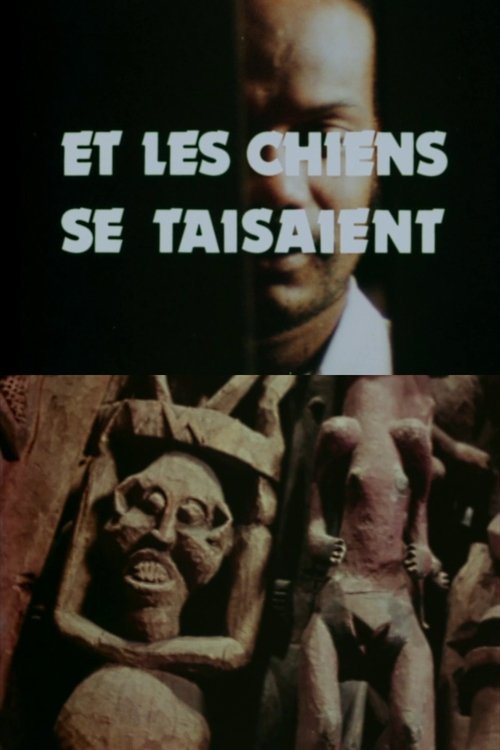In The Footsteps Of Frantz Fanon (2021)
Who was Frantz Fanon, the author of Wretched of the Earth and Black Skin, White Masks, this Pan-African thinker and psychiatrist engaged in anti-colonialist struggles? Born in Martinique, Frantz Fanon was not yet 20 years old when he landed, weapons in hand, on the beaches of Provence in August 1944 with thousands of soldiers from "Free France", most of whom had come from Africa, to free the country from Nazi occupation. He became a psychiatrist and ten years later joined the Algerians in their fight for independence. Died at the age of 36, he left behind a major work on the relationships of domination between the colonized and the colonizers, on the roots of racism and the emergence of a thought of a Third World in search of freedom. 60 years after his death, the film follows in the footsteps of Frantz Fanon, alongside those who knew him, to rediscover this exceptional man.
Movies like In The Footsteps Of Frantz Fanon
5.1

6.1
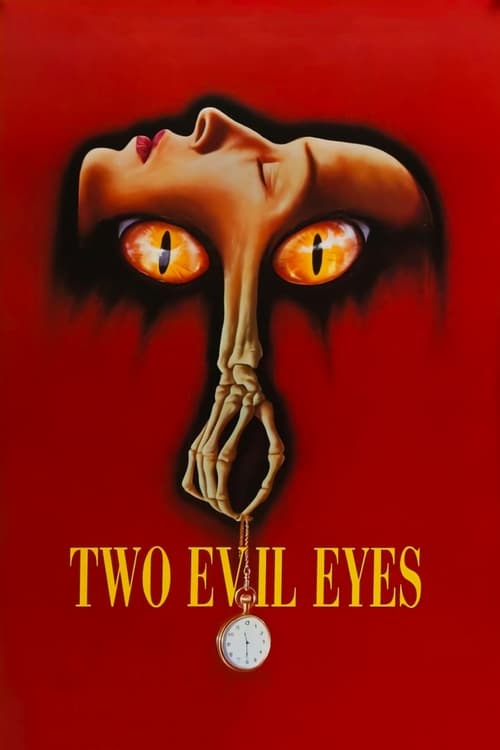
5.5
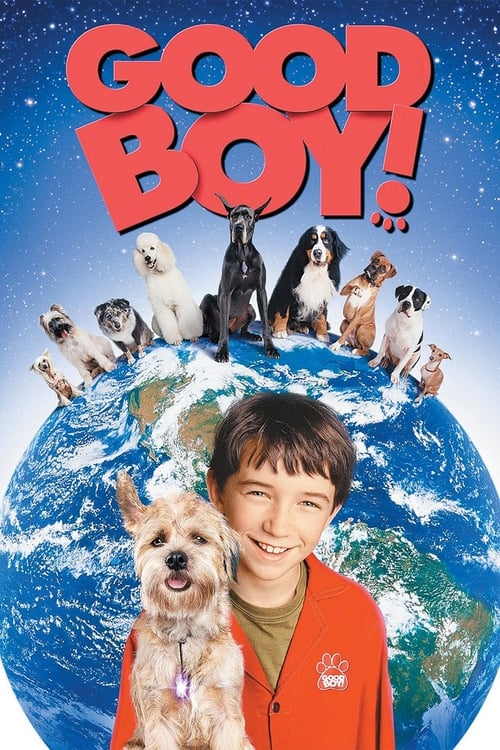
7.4

6.0
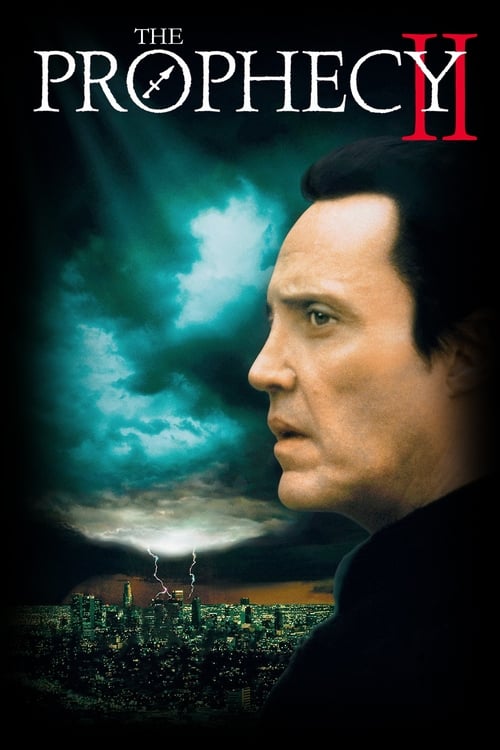
6.0
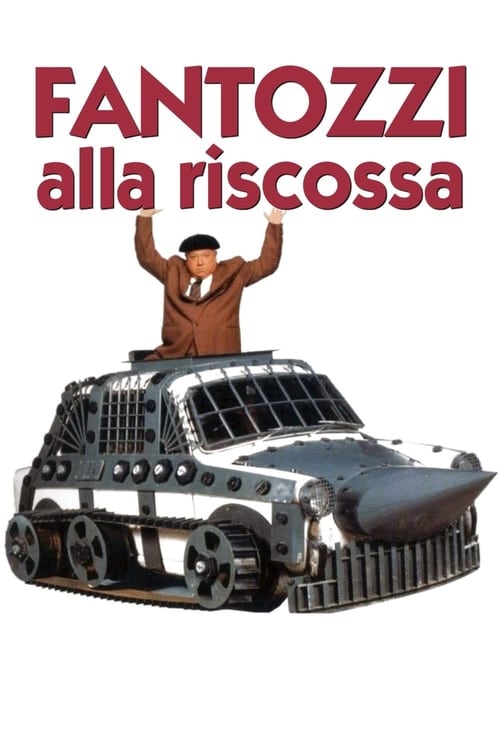
4.5
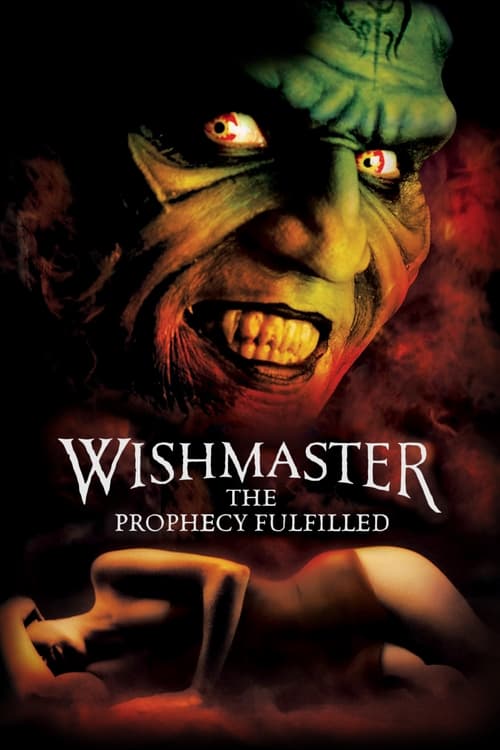
7.5
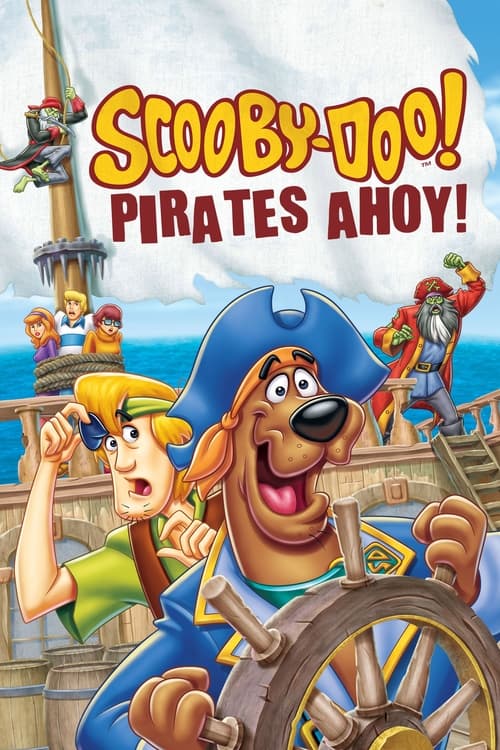
6.0

6.2
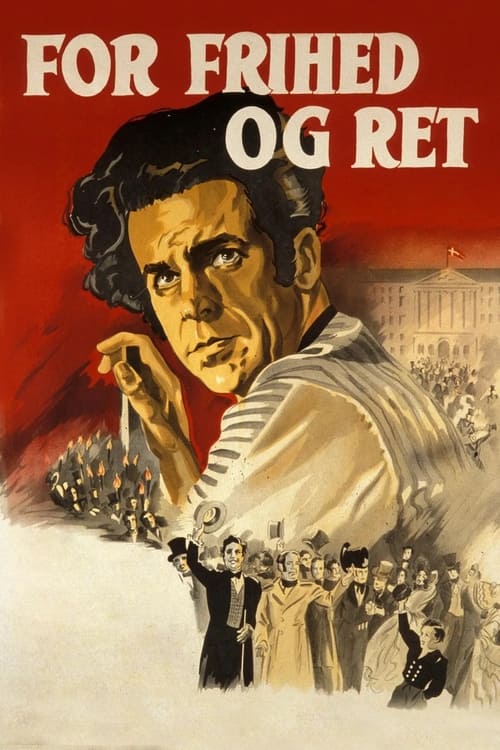
7.0

6.8
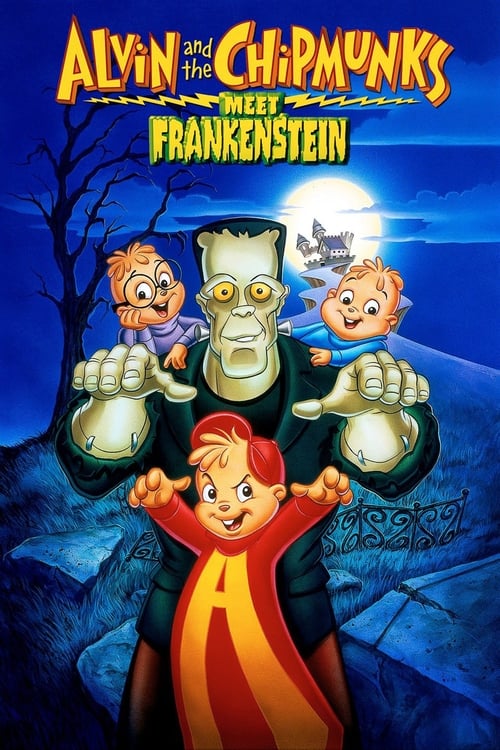
6.8
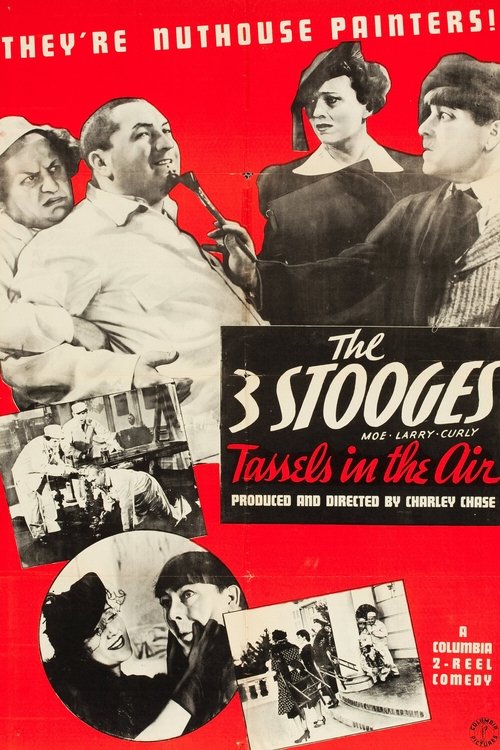
7.5
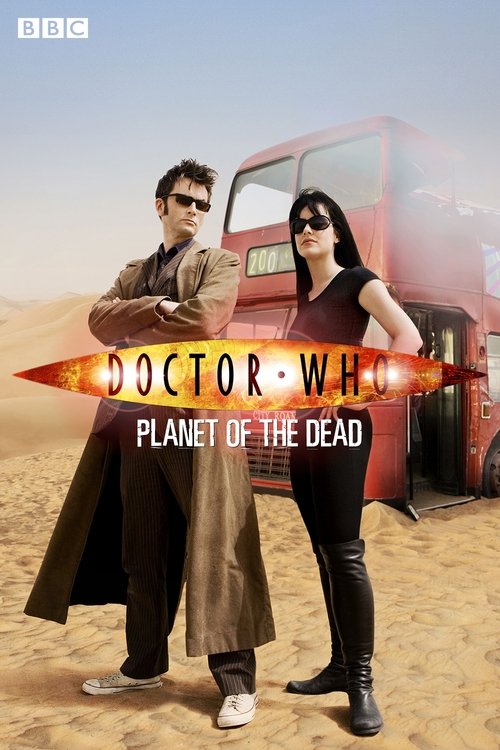
7.0

6.6
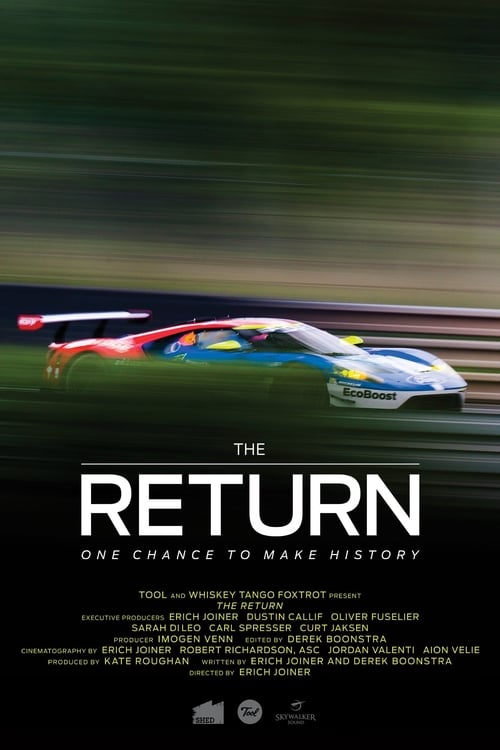
6.5

4.7

7.6

5.5

5.8
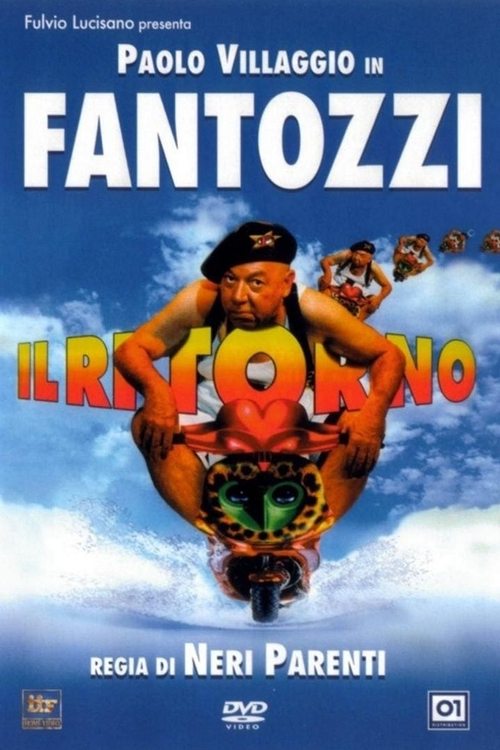
8.2
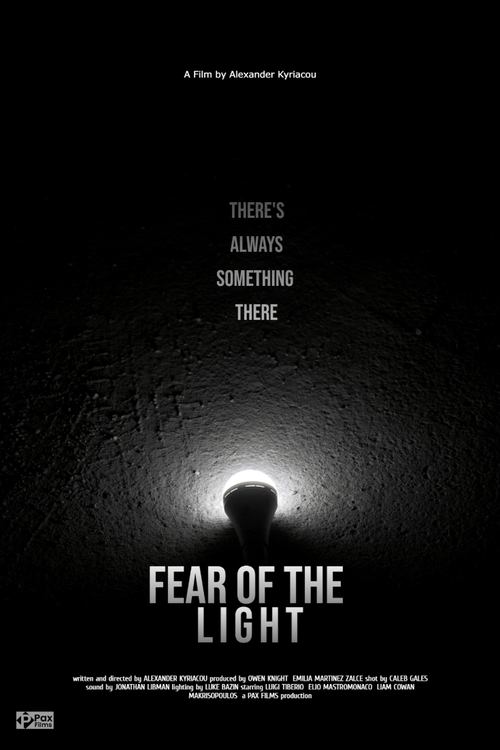
5.1
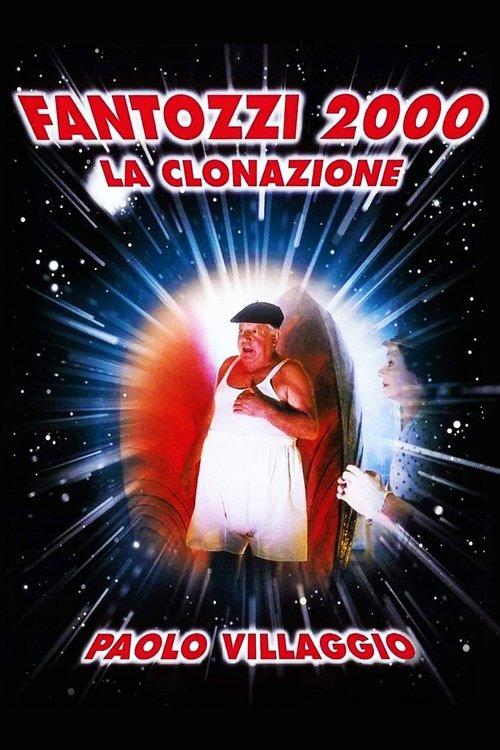
5.5
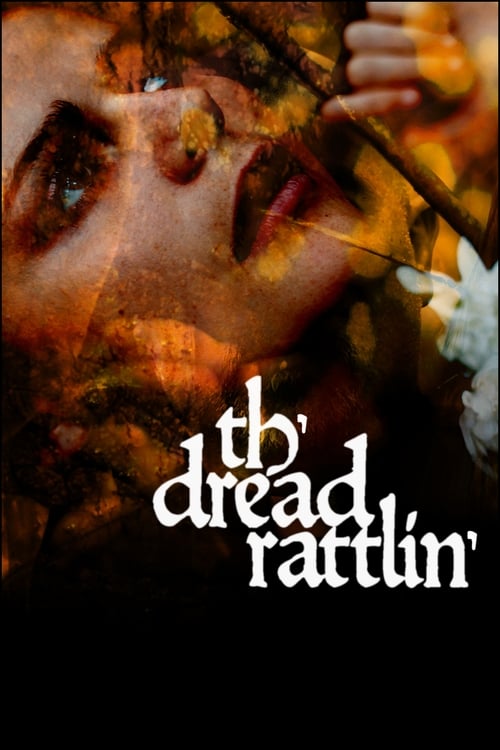
6.8
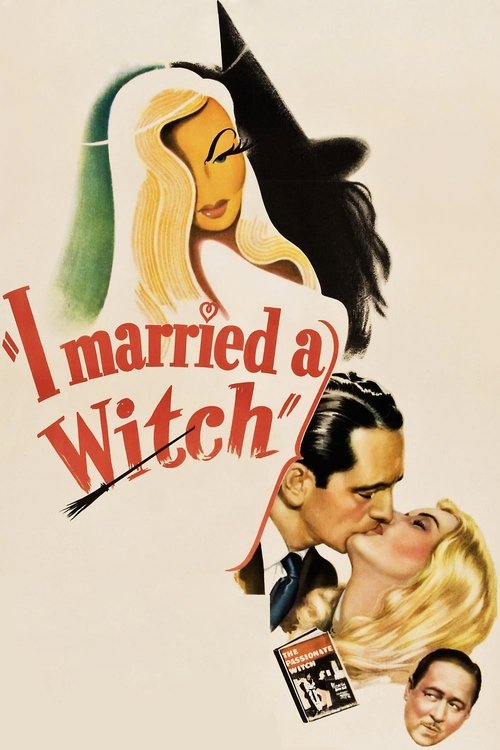
5.3
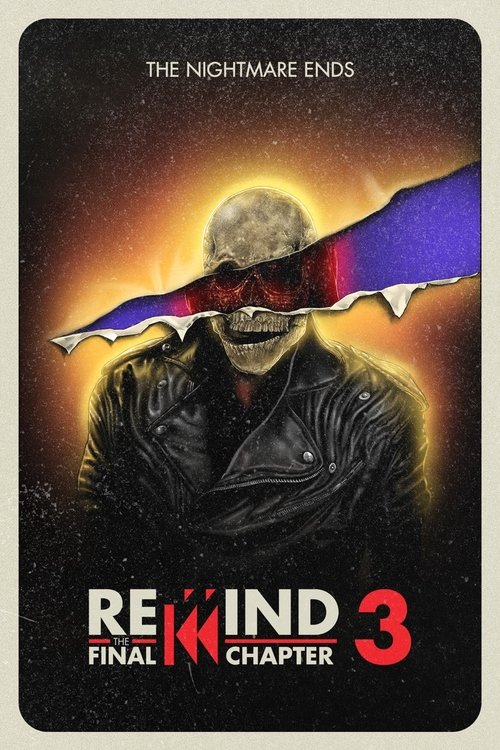
5.4
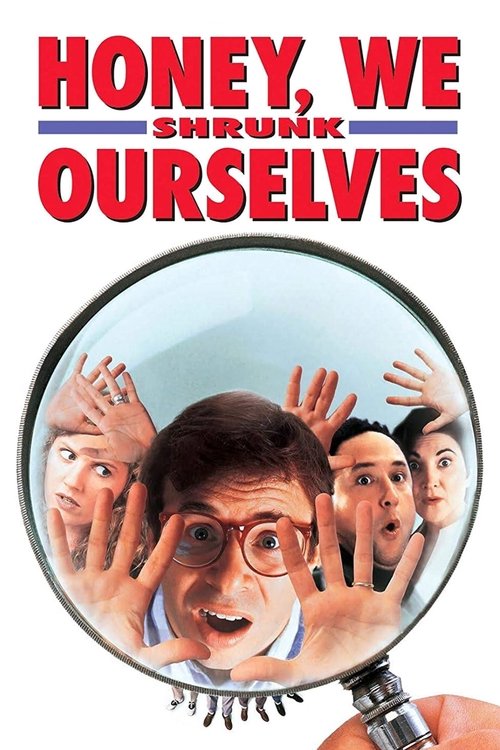
10.0

6.0
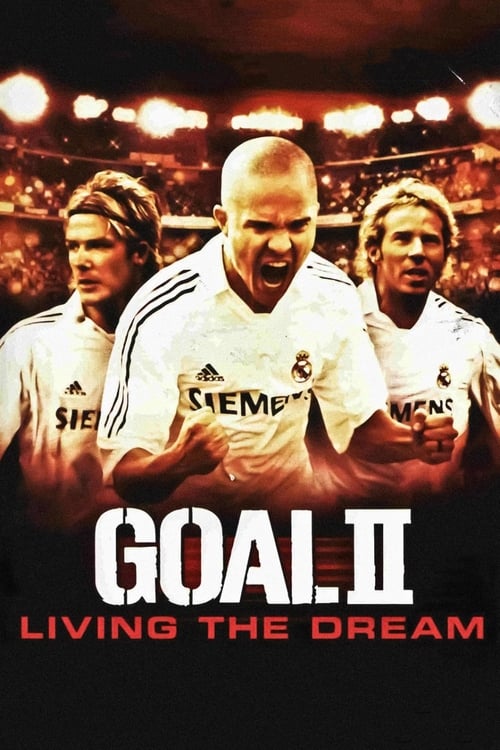
6.2

10.0

6.8


8.0

6.4

7.0

10.0
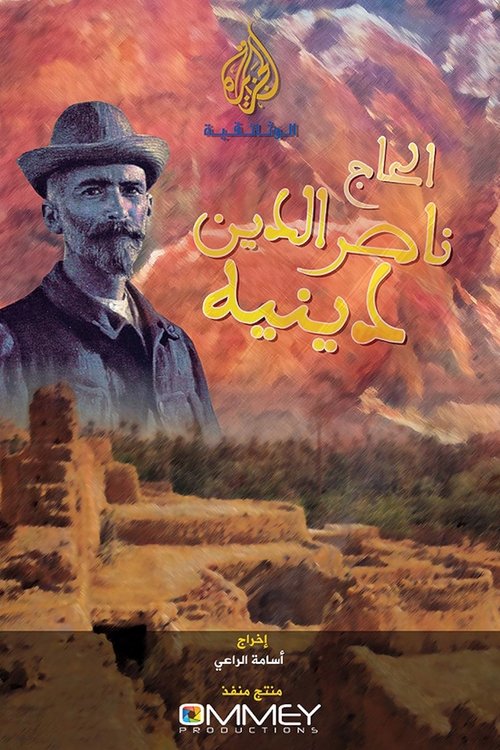
7.2

6.5

7.3

6.8

10.0

6.8

10.0
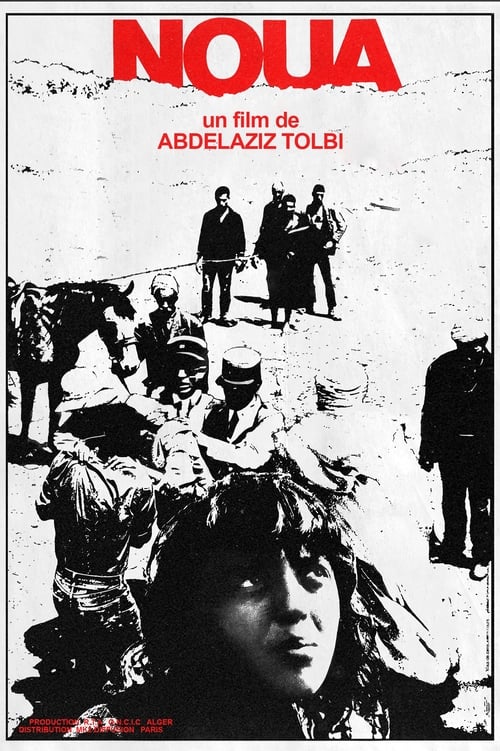
10.0
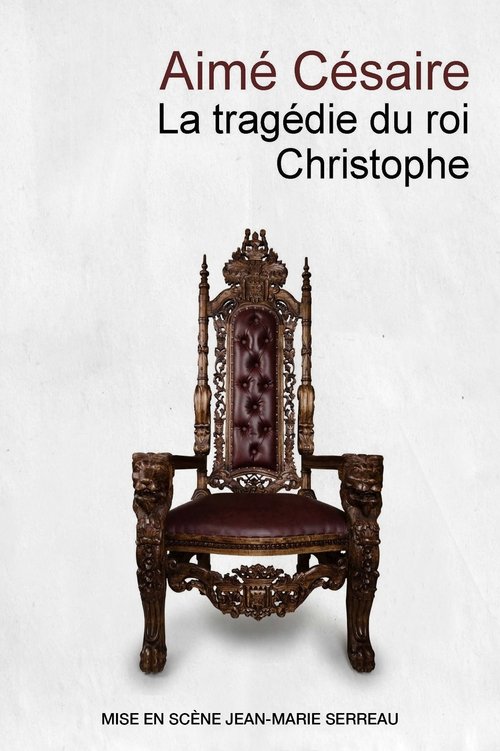
10.0

10.0

10.0

7.6

10.0

6.7

8.5

9.0
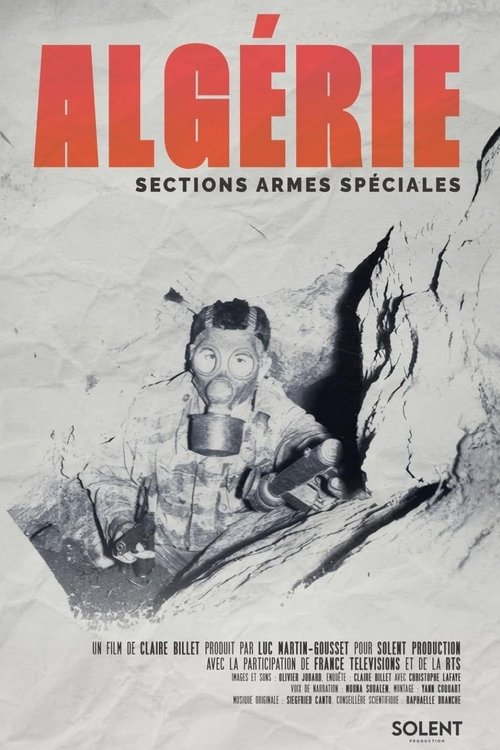
9.0
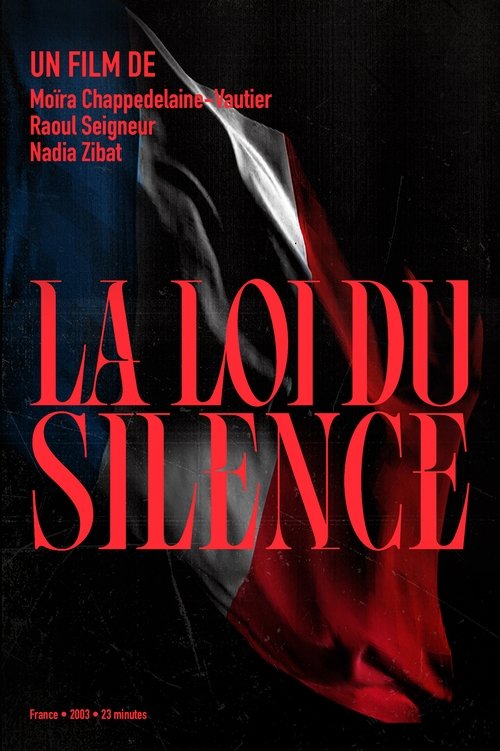
10.0
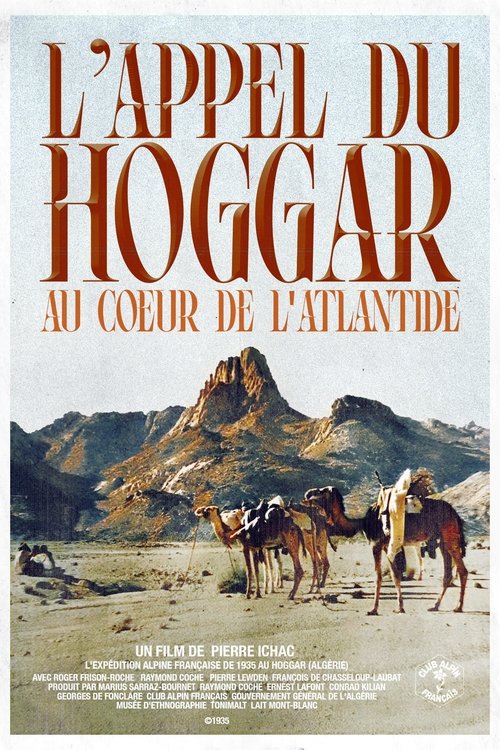
7.4
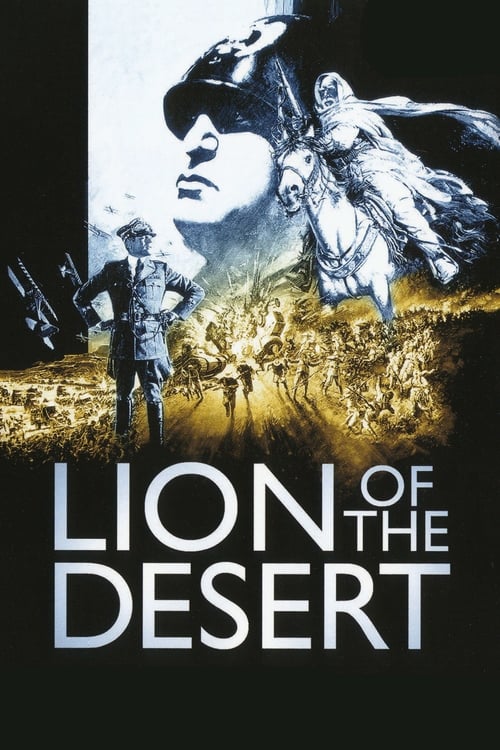
6.5

10.0

10.0
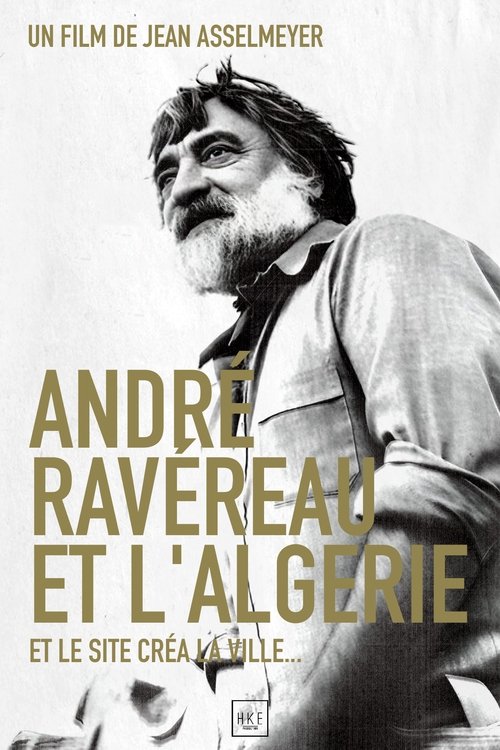
9.0

9.0
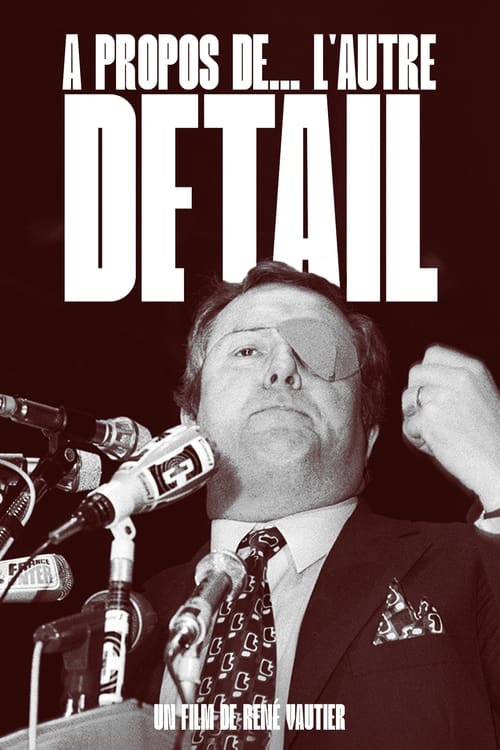
10.0
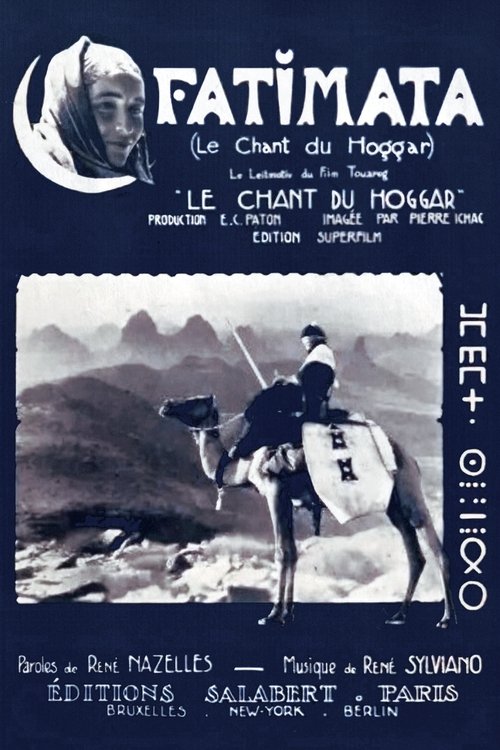
10.0

Towards the South, A journey around earthen architecture and André Ravéreau
2020
10.0

10.0

6.4
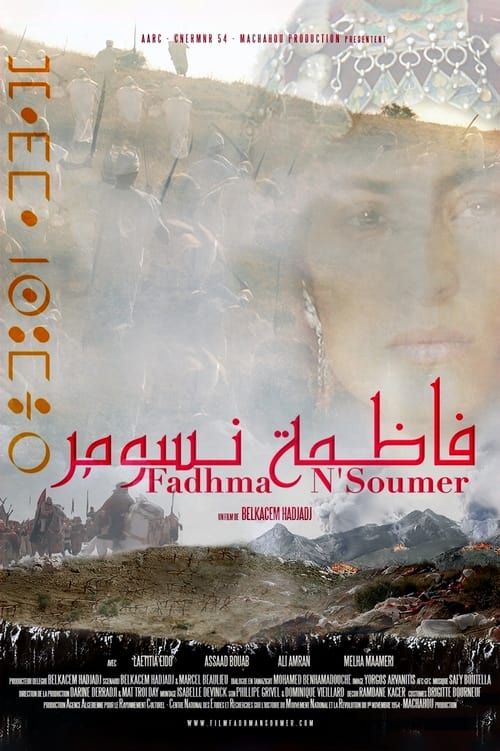
7.6

10.0

10.0
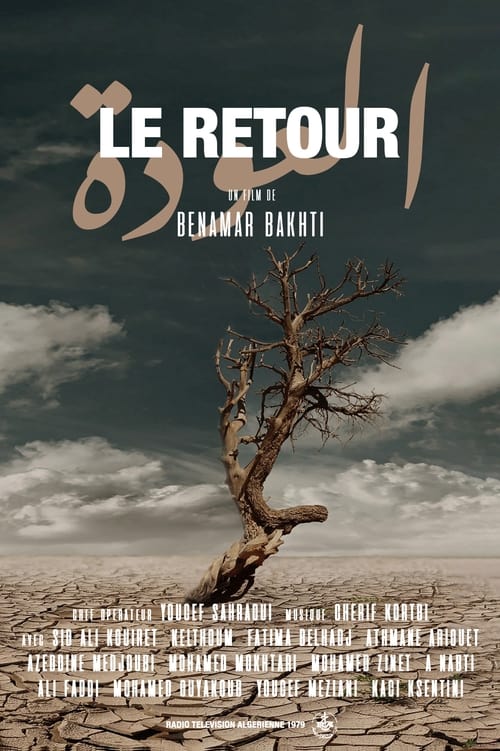
10.0
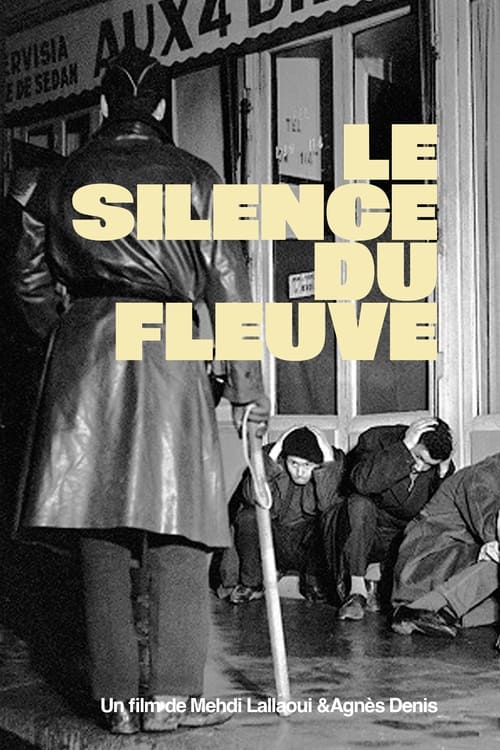
10.0
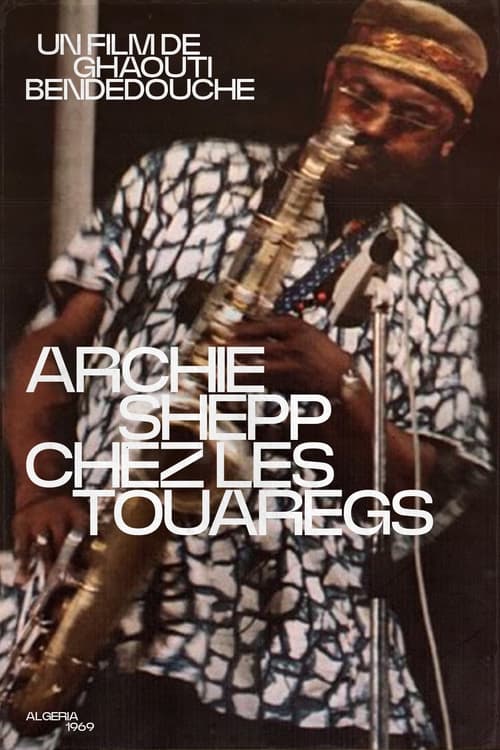
10.0

10.0
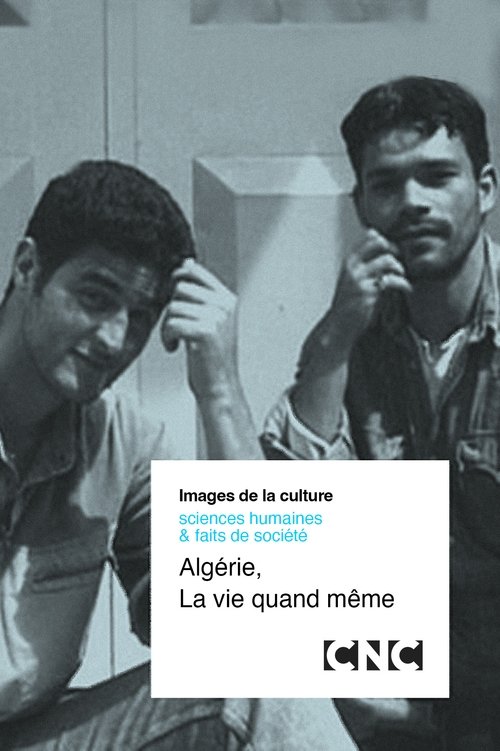
6.8

10.0
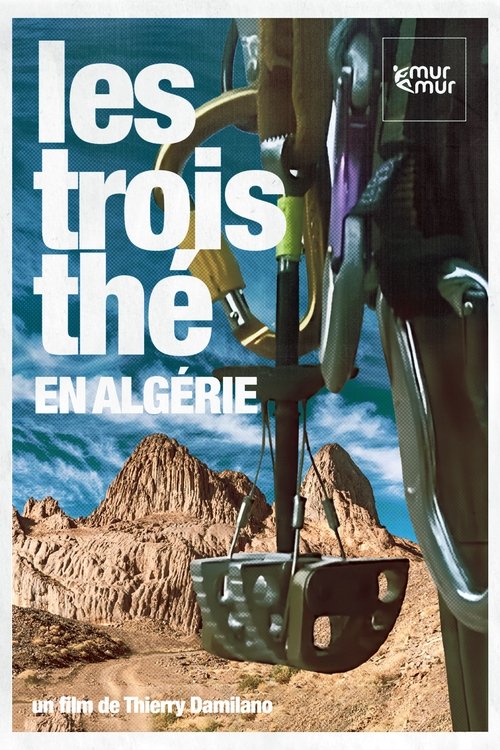


8.0
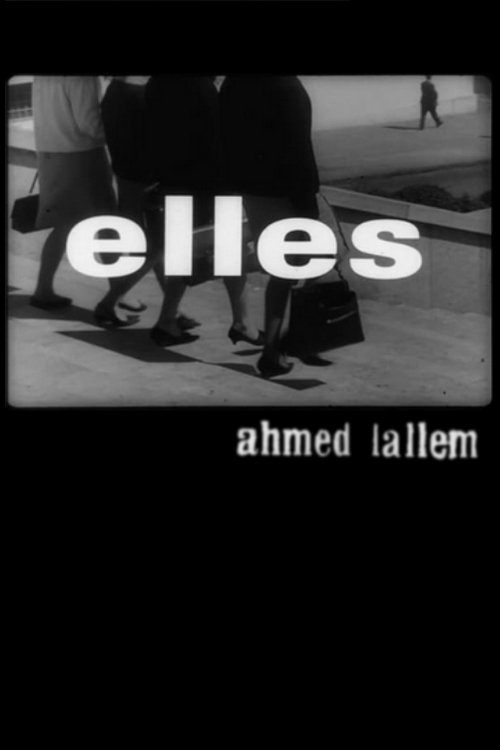
6.5
